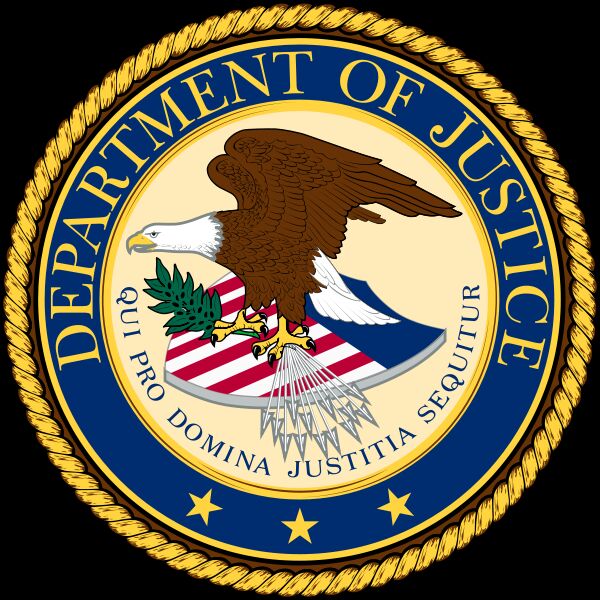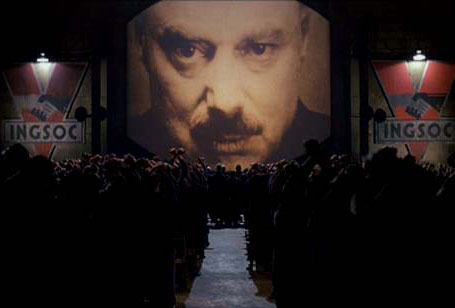Here is what I said Sep 7, 2010:
– Labor’s Julia Gillard To Form Minority Freemason Government In Australia:
Oh, what a ‘surprise’!
– Australia: Julia Gillard, Wayne Swan, Bob Katter And The Masonic Handshake
Now expect the internet to be censored in Australia.
The dark side rules. Wake up Australia!
– Australia’s unannounced ‘totalitarian’ web filter causes alarm (Wired, May 17, 2013):
Australia’s government is under fire after it appears to have introduced web censorship without warning, expanding already-controversial powers to block access to child pornography into a wider web filtering system.
The reluctance of the government to release information about who has requested sites be blocked, and lists of those sites, has also alarmed many Australians. Two convenors from Melbourne Free University (MFU), whose site was blocked without warning or explanation on 4 April, have described it as a “glimpse [of] the everyday reality of living under a totalitarian government”.
For a country that perhaps has a reputation for taking it easy, Australia’s governments have been particularly keen on web censorship. In 2008, a web filter was proposed that would have potentially blocked as many as 10,000 sites by placing them on a blacklist, but years of criticism from industry, political and public groups — including Anonymous ” declaring war” on it, and Wikileaks publishing the confidential blacklist to show it included some sites that were only, contrary to government assurances, subjectively offensive — led to the idea being dropped in November 2012.
Read moreAustralia’s Unannounced ‘TOTALITARIAN’ Web Filter Causes Alarm (Wired)





